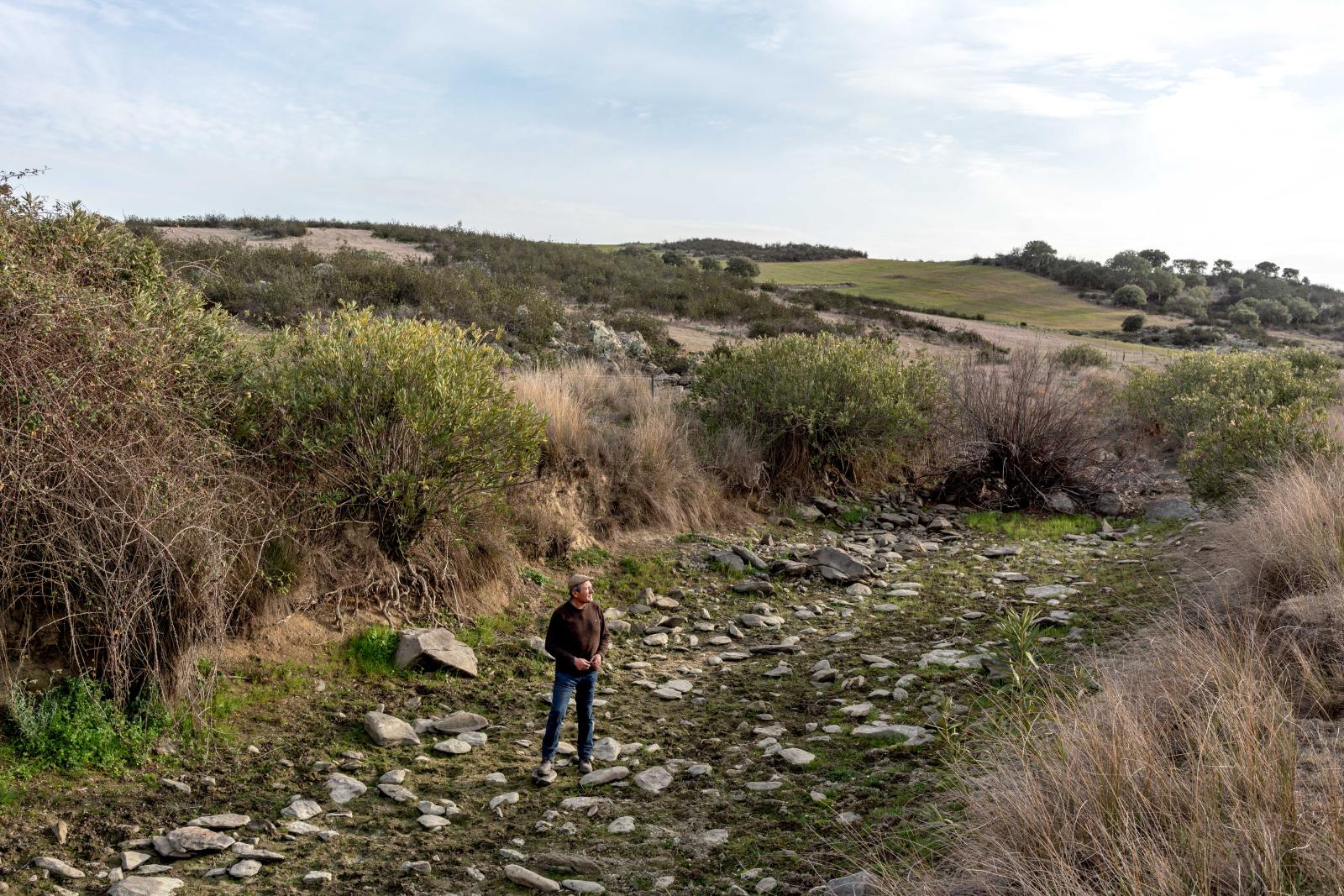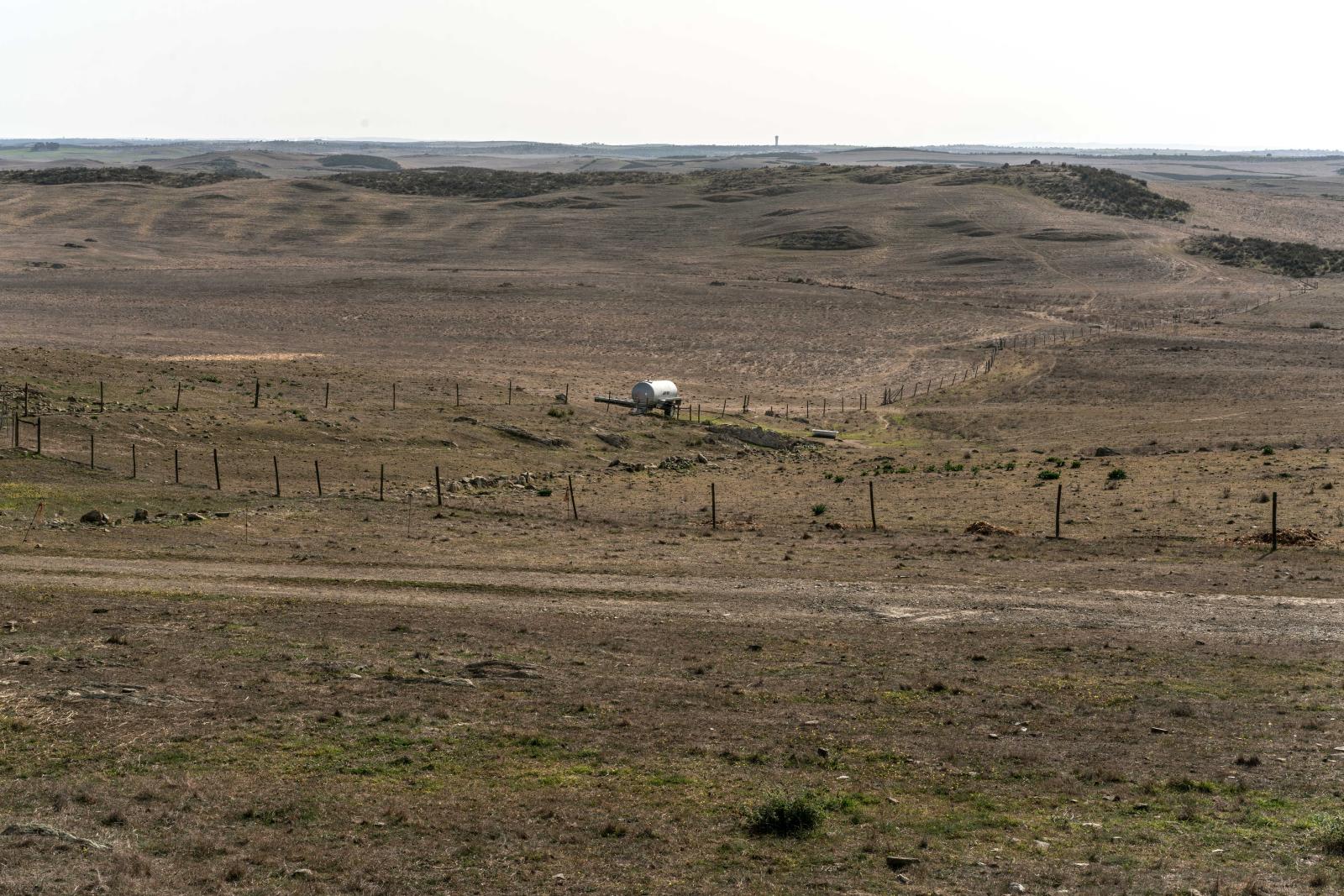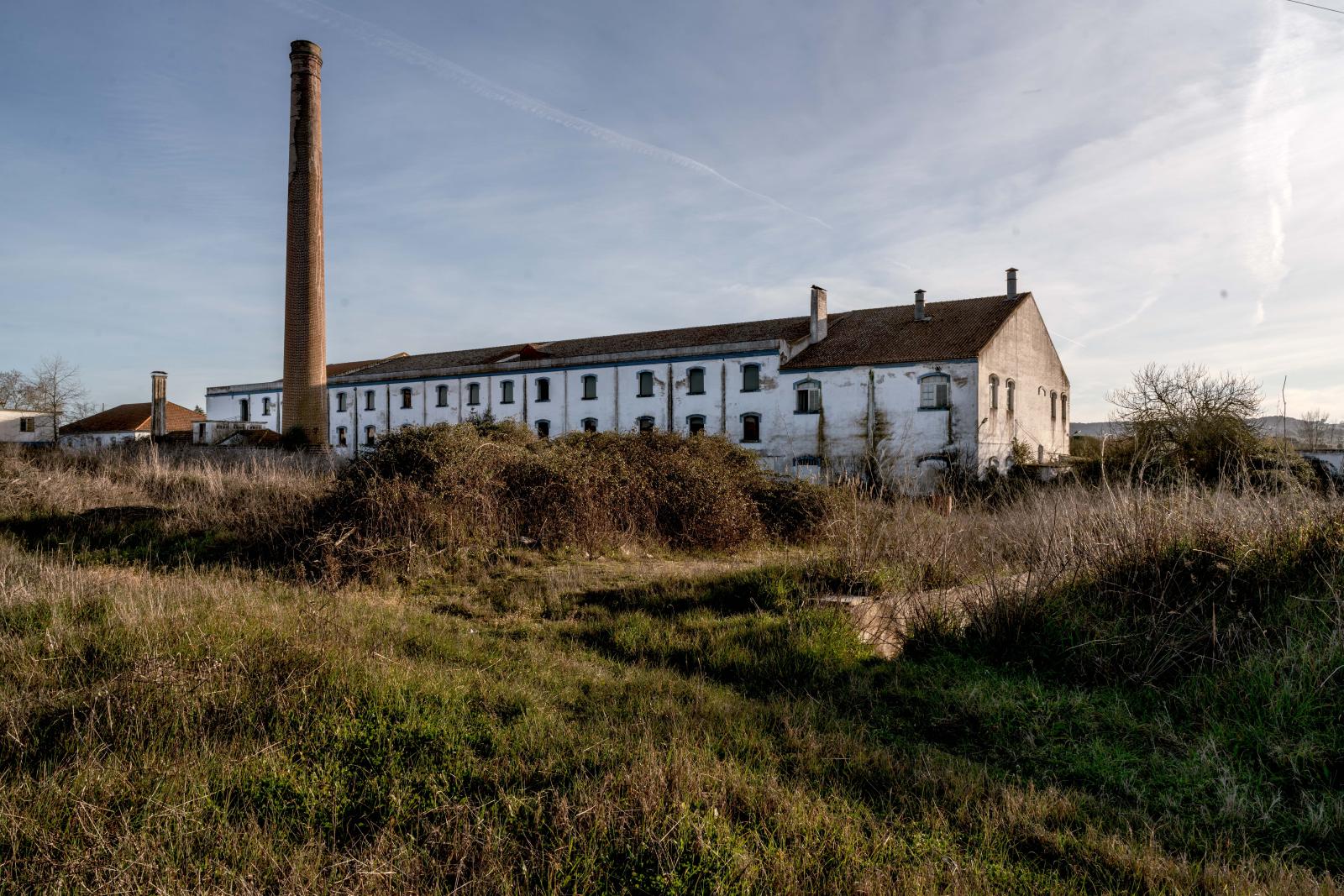Public Project
Climate Change Hits Southern Europe
Summary
In 2022 many southern European countries suffered their worst drought of this century and fires decimated thousands of hectares of forests. It was not an isolated event, but a glimpse of what soon will likely be the new normal of the region. Studies show that climate change will profoundly transform the environmental and social reality of the south of the European continent. Parts of it will likely become a desert before the end of the century. One of the most affected countries will be Portugal.
In 2022 many southern European countries suffered their worst drought of this century and fires decimated thousands of hectares of forests. It was not an isolated event, but a glimpse of what soon will likely be the new normal of the region. Studies show that climate change will profoundly transform the environmental and social reality of the south of the European continent. Parts of it will likely become a desert before the end of the century. One of the most affected countries will be Portugal.
In the last 20 years, Portugal has lost 34% of its forests to fires and, in its south, 8 of the last ten years were of drought. The Portuguese economy failed to grow in the past 30 years and its interior loses population at a fast pace. Many villages lie almost deserted in the landscape, their elders dying of old age and the young migrating in search of opportunities elsewhere. The situation is not much different across the border in Spain.
Despite all the warnings about the existential challenges the region faces as the climate changes rapidly, little is being done to prepare for their most serious consequences. Even less is being done to try to avert them. In most places, it's business as usual, an insistence on economic models, and agricultural and land management practices, that haven’t changed in decades. When change is made, it’s usually for an even more unsustainable model.
This project documents the region as the transforming environment shows its impact. It’s a work in progress, with no end in sight.
This project has been partly funded with an Investigation Grant for Environmental Journalism 2022, from Journalismfund.eu.
4,739


































